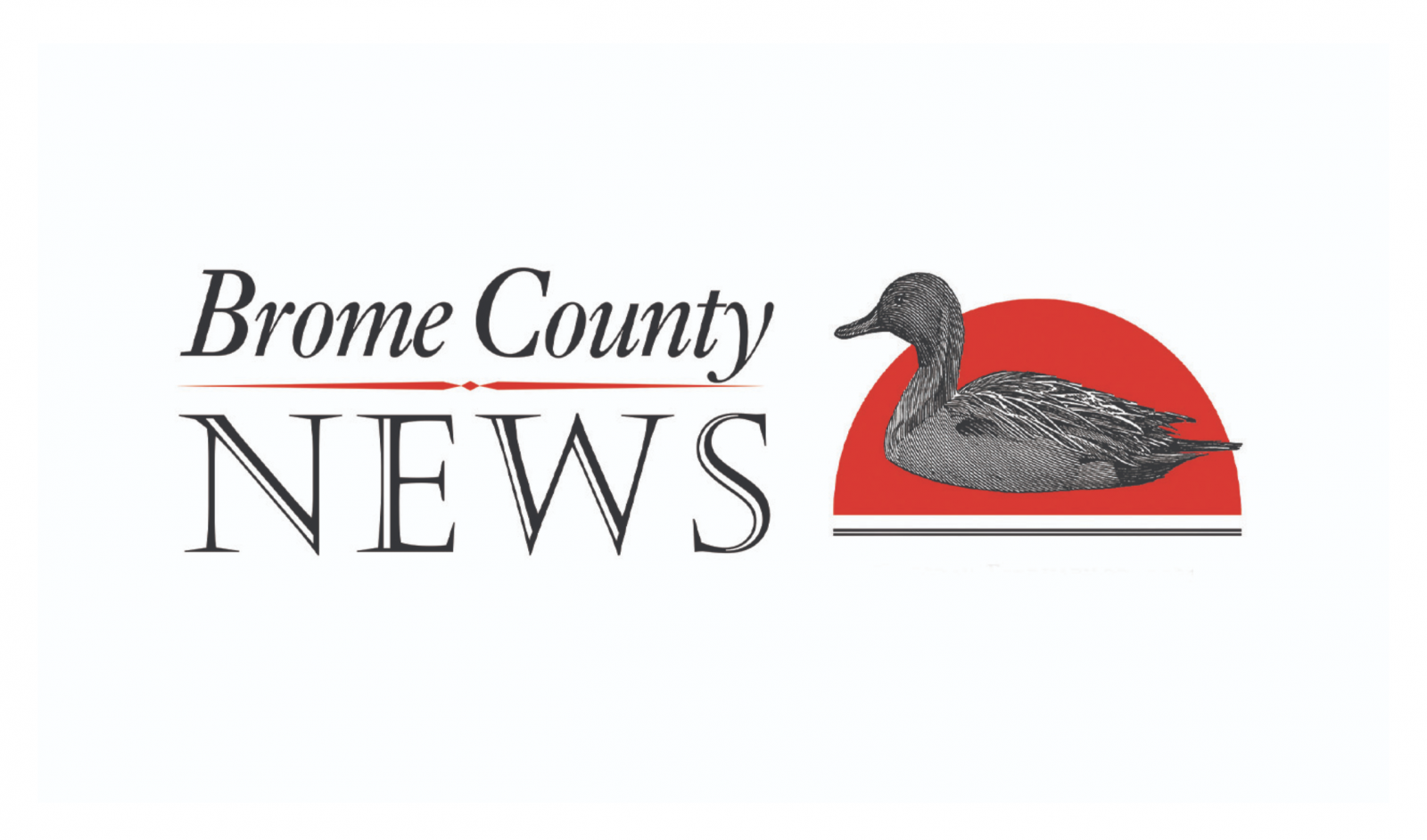Many Quebec wine producers are breathing a sigh of relief after federal minister of agriculture and agri-food Marie-Claude Bibeau announced the creation of a new federal wine sector support program. The program will dole out up to $166 million in federal funding over the next two years to eligible wine producers.
Bibeau made the announcement June 29 at La Halte des Pelerins winery in Sherbrooke.
“Our local products and wine routes contribute to the attractiveness and vitality of our regions … and provide tens of thousands of jobs and billions of dollars in economic benefits every year across the country,” said Bibeau. She clarified that winery owners could use funding granted through the program to “adapt to the challenges confronting them and remain competitive on Canadian and international markets,” covering anything from marketing to vine or equipment purchases to climate resilience projects. “We chose not to direct the investments to one thing in particular,” she said.
All licensed wineries in Canada that produce or contract out the production of bulk wine from primary agricultural products, such as grapes, berries, other fresh fruit, dandelions, rice and sap and have annual turnover of at least $50,000 will be eligible for support under the program. Funding for individual wineries will be pegged to last year’s production, and winemakers will have until Aug. 12 to apply; Bibeau said payouts would be distributed this fall.
The announcement comes amid tough times for the wine sector, which has taken hits from climate instability, a labour shortage, supply chain difficulties, increased international competition, inflation and pandemic- driven interruptions to travel and event bookings over the past two years. Additionally, following a World Trade Organization ruling in a case brought against Canada by Australia, as of this month, Canadian winemakers are no longer exempt from excise taxes. The tax is estimated to cost winemakers about $135 million over the next two years.
While Bibeau emphasized that the new funding measure should not be seen as direct compensation for the excise tax and did not have the same criteria, she said it would “help winemakers traverse a particularly turbulent period.”
Breathing room for Quebec winemakers
Charlotte Reason owns a winery in the Lotbinière region and is president of Quebec Independent Winemakers, a trade association that was not involved in the consultations around the program. She calls the funding “a great gift” that winemakers will use “to get back on the rails.” She hopes to be able to use the funding to replace outdated equipment and pay down loans taken out during the pandemic.
Denis Paradis is the owner of the Domaine du Ridge winery in Saint- Armand and a board member of Wine Growers Canada. He said the announcement was “good news,” particularly in light of the end of the excise tax exemption. He said he would apply for funding, but wait for further details before deciding how to invest any money he received.
Paradis said the excise tax will add 40-45 cents per bottle to Canadian winemakers’ production costs. “Australia sells its wine here and wants to block local wine growers from selling their own wines without this tax,” he said. “Wine already costs more to make here because of the climate adaptations we have to make. I feel like the people who defended Canada at the WTO didn’t do a great job…but we have to live with it.”
He added that he and his colleagues were facing “major supply chain issues” as well.
“For some reason, there’s a shortage of empty bottles on the world market, and where they used to cost 60 cents, they now cost more than a dollar each,” he said. “The excise tax arrives on top of that.” He said he hoped Quebec would put in place a similar program to offset a new tax on wine sold in grocery stores.
“Everything is going up,” said Reason. “This will just help us bandage our wounds.”


